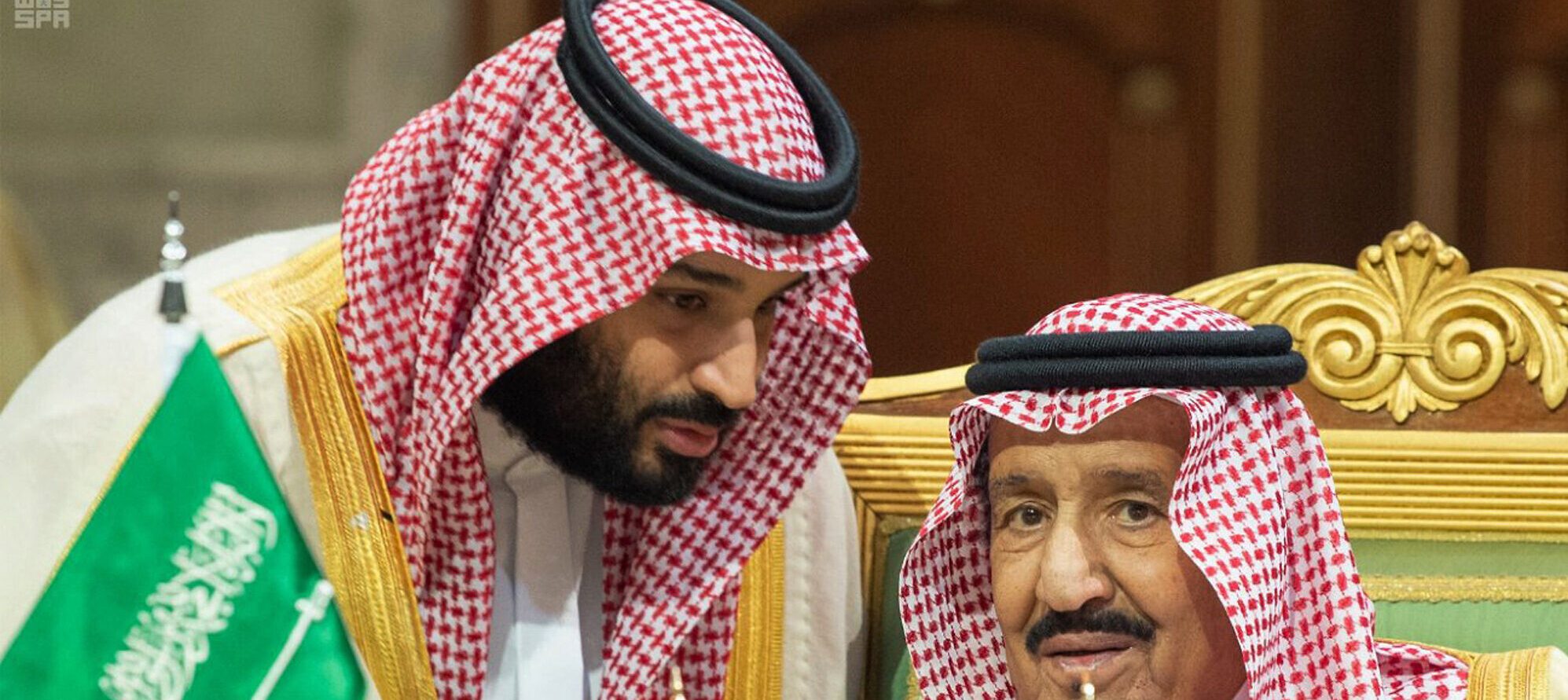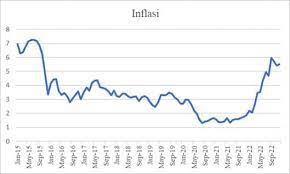In the realm of contemporary Middle Eastern politics, few figures command as much attention and influence as King Salman bin Abdulaziz Al Saud of Saudi Arabia. Ascending to the throne in January 2015 following the death of his half-brother, King Abdullah, Salman inherited a nation at a crucial juncture in its history. Throughout his reign, King Salman has been instrumental in steering Saudi Arabia through significant economic, social, and geopolitical transformations.
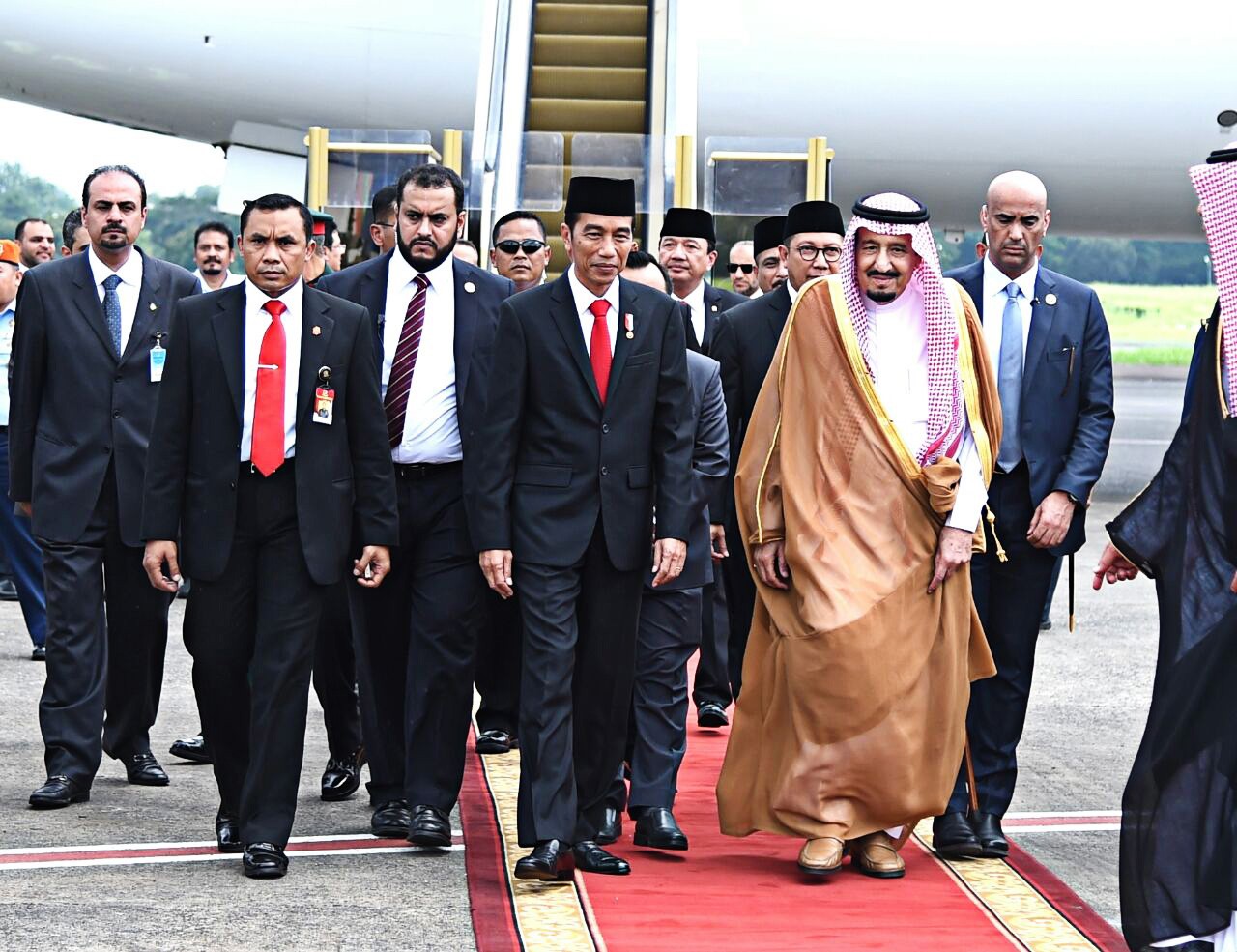
Born on December 31, 1935, in Riyadh, King Salman’s early years were shaped by his family’s deep involvement in Saudi Arabia’s governance. His father, King Abdulaziz, founded modern Saudi Arabia in 1932, and Salman was immersed in the intricacies of statecraft from a young age. This upbringing laid the foundation for his eventual ascension to the throne and his commitment to advancing the kingdom’s interests on the global stage gengtoto.
Contents
One of King Salman’s most notable initiatives has been Vision 2030, a comprehensive blueprint for Saudi Arabia’s economic diversification and social reform. Launched in 2016, Vision 2030 aims to reduce the kingdom’s dependence on oil revenue, stimulate private sector growth, and empower Saudi citizens, particularly women and youth. Under King Salman’s leadership, the Saudi government has implemented a series of reforms, including the relaxation of social restrictions, the expansion of women’s rights, and the promotion of cultural and entertainment activities.
In the realm of foreign affairs, King Salman has sought to assert Saudi Arabia’s leadership role in the Arab world while navigating complex regional dynamics. The kingdom’s involvement in conflicts such as the war in Yemen and the blockade of Qatar reflects Salman’s commitment to safeguarding Saudi Arabia’s security interests and countering perceived threats from Iran and its proxies. Additionally, King Salman has cultivated strong relationships with key international partners, particularly the United States, reinforcing Saudi Arabia’s status as a pivotal player in global affairs.
Despite these achievements, King Salman’s reign has not been without challenges. The assassination of journalist Jamal Khashoggi in 2018 cast a shadow over Saudi Arabia’s reputation and triggered international condemnation. While King Salman condemned the killing and took steps to hold those responsible to account, the incident underscored the kingdom’s human rights record and fueled calls for greater transparency and accountability.
King Salman’s Cultural Renaissance: Transforming Saudi Society
Looking ahead, King Salman faces a myriad of challenges, including economic diversification, social reform, and regional stability. As Saudi Arabia continues its journey toward modernization, King Salman’s leadership will be pivotal in navigating these complexities and ensuring the kingdom’s prosperity and security in the years to come.
In conclusion, King Salman bin Abdulaziz Al Saud’s reign has been characterized by bold initiatives and significant reforms aimed at transforming Saudi Arabia into a modern, dynamic nation. While facing both domestic and international challenges, King Salman has demonstrated steadfast leadership and a commitment to advancing the kingdom’s interests on the global stage. As Saudi Arabia continues its evolution, King Salman’s vision and stewardship will undoubtedly shape the kingdom’s trajectory for generations to come.
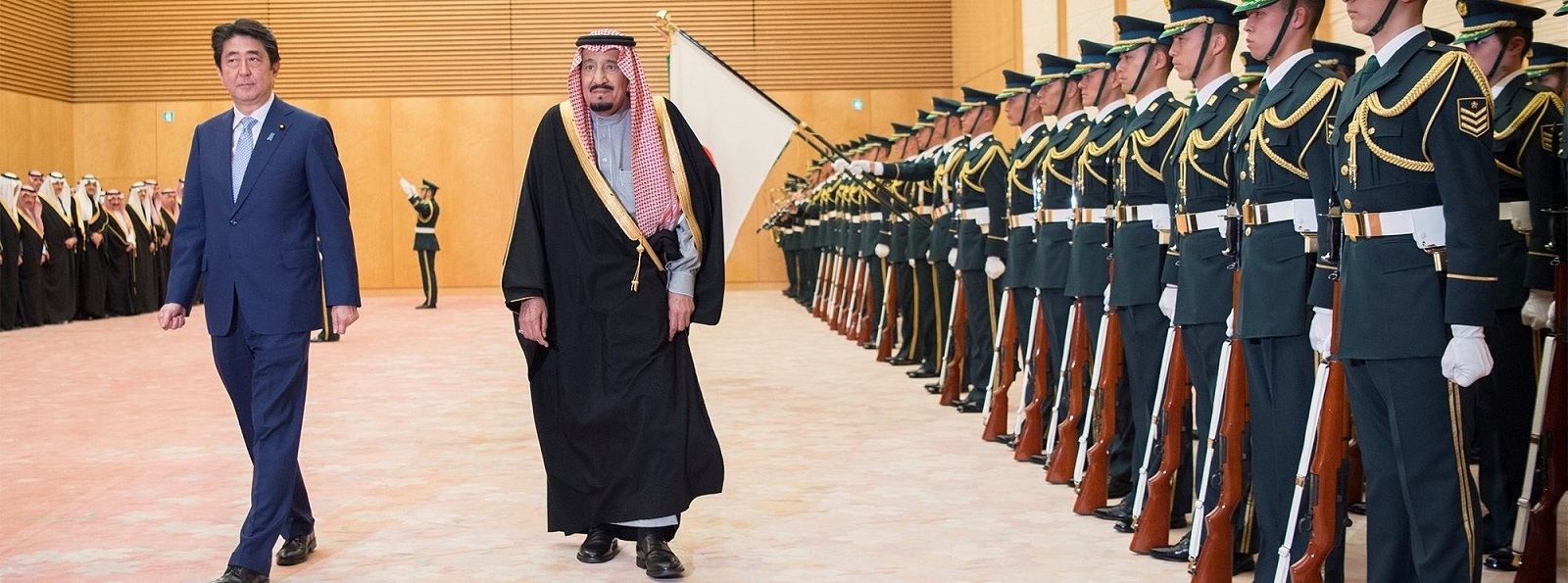
Assessing the Reign of King Salman: Strengths and Weaknesses
Since ascending to the throne in January 2015, King Salman bin Abdulaziz Al Saud of Saudi Arabia has wielded significant influence over the kingdom’s domestic and foreign affairs. While his reign has been marked by notable achievements and advancements, it has also faced criticism and challenges. In this article, we will explore the strengths and weaknesses of King Salman’s rule.
Strengths:
- Vision 2030: One of King Salman’s most significant contributions is the launch of Vision 2030, an ambitious roadmap for economic diversification and social reform. This initiative aims to reduce Saudi Arabia’s dependence on oil revenue, stimulate private sector growth, and empower Saudi citizens, particularly women and youth. Vision 2030 reflects King Salman’s commitment to modernizing the kingdom and ensuring its long-term prosperity.
- Regional Leadership: King Salman has played a pivotal role in asserting Saudi Arabia’s leadership in the Middle East. The kingdom’s involvement in regional conflicts and diplomatic initiatives demonstrates Salman’s efforts to safeguard Saudi Arabia’s security interests and counter perceived threats from Iran and its proxies. Additionally, King Salman has cultivated strong relationships with key international partners, reinforcing Saudi Arabia’s position as a pivotal player in global affairs.
- Social Reforms: Under King Salman’s leadership, Saudi Arabia has implemented significant social reforms, including the relaxation of social restrictions and the expansion of women’s rights. These reforms, although gradual, represent a notable departure from traditional norms and have garnered praise from advocates of human rights and gender equality.
Weaknesses:
- Human Rights Concerns: Despite progress in some areas, Saudi Arabia continues to face scrutiny over its human rights record. The kingdom’s crackdown on dissent, restrictions on freedom of expression, and use of capital punishment have drawn criticism from international observers and human rights organizations. The assassination of journalist Jamal Khashoggi in 2018 further tarnished Saudi Arabia’s reputation and raised questions about the kingdom’s commitment to transparency and accountability.
- Regional Instability: Saudi Arabia’s involvement in regional conflicts, such as the war in Yemen and the blockade of Qatar, has sparked controversy and raised concerns about regional stability. Critics argue that these actions have exacerbated humanitarian crises and strained Saudi Arabia’s relations with its neighbors, undermining efforts to promote peace and security in the region.
- Economic Challenges: Despite efforts to diversify the economy through Vision 2030, Saudi Arabia faces significant economic challenges, including low oil prices, high youth unemployment, and fiscal deficits. The success of Vision 2030 hinges on the kingdom’s ability to implement structural reforms, attract foreign investment, and create job opportunities for its growing population.
In conclusion, King Salman bin Abdulaziz Al Saud’s reign has been characterized by both strengths and weaknesses. While he has made strides in advancing economic diversification, social reform, and regional leadership, his tenure has also been marred by human rights concerns, regional instability, and economic challenges. As Saudi Arabia continues its journey toward modernization, addressing these issues will be essential for ensuring the kingdom’s long-term stability and prosperity under King Salman’s leadership.
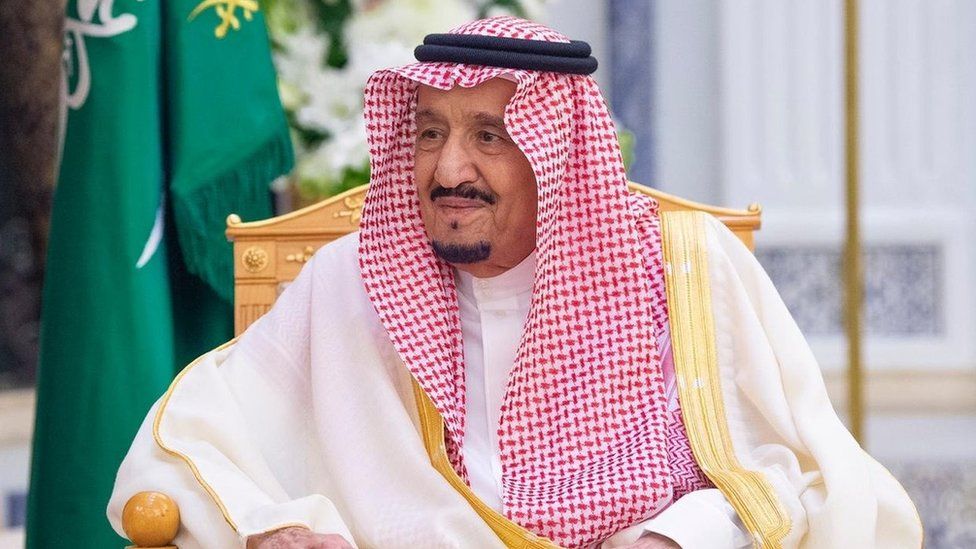
Saudi Arabia’s Transformation under the Reign of King Salman
Since assuming the throne in January 2015, King Salman bin Abdulaziz Al Saud has overseen a period of significant transformation in Saudi Arabia. His leadership has been marked by ambitious reforms aimed at modernizing the kingdom’s economy, society, and governance structures. In this article, we will explore the key developments and achievements that have occurred in Saudi Arabia under the reign of King Salman.
Vision 2030:
Central to King Salman’s agenda for Saudi Arabia’s transformation is Vision 2030, a comprehensive blueprint for economic diversification and social reform. Launched in 2016, Vision 2030 aims to reduce the kingdom’s dependence on oil revenue, stimulate private sector growth, and empower Saudi citizens. Under King Salman’s guidance, Vision 2030 has led to the implementation of various initiatives, including the privatization of state-owned enterprises, the promotion of non-oil sectors such as tourism and entertainment, and the expansion of women’s participation in the workforce.
King Salman has initiated a series of social reforms aimed at modernizing Saudi society and enhancing the rights and freedoms of its citizens. These reforms include the lifting of the ban on women driving, the relaxation of guardianship laws, and the expansion of women’s access to education and employment opportunities. Additionally, Salman has encouraged cultural and entertainment activities, signaling a shift towards a more open and inclusive society.
Anti-Corruption Campaign:
In 2017, King Salman launched a high-profile anti-corruption campaign aimed at rooting out corruption and improving transparency in the kingdom. The campaign led to the arrest and detention of prominent businessmen, government officials, and members of the royal family. While the crackdown received mixed reactions, with some praising it as a bold move to combat corruption, others raised concerns about due process and the rule of law.
Regional Leadership:
Under King Salman’s leadership, Saudi Arabia has sought to assert its influence and leadership role in the Middle East. The kingdom has been actively involved in regional conflicts, such as the war in Yemen and efforts to counter Iranian influence in the region. Additionally, Saudi Arabia has played a key role in diplomatic initiatives aimed at resolving regional disputes and promoting stability.
Economic Diversification:
King Salman has prioritized efforts to diversify Saudi Arabia’s economy away from its reliance on oil revenue. In addition to Vision 2030, the kingdom has implemented measures to attract foreign investment, promote entrepreneurship, and develop strategic sectors such as renewable energy and technology. These efforts are aimed at creating a more resilient and sustainable economy capable of weathering fluctuations in global oil markets.
In conclusion, King Salman bin Abdulaziz Al Saud’s reign has been characterized by bold reforms and ambitious initiatives aimed at transforming Saudi Arabia into a modern and dynamic nation. While challenges remain, including economic diversification, social reform, and regional stability, King Salman’s leadership has set the kingdom on a path towards greater prosperity, openness, and resilience in the years to come.
Read More Article About “ITALIAN PIZZA: EXPLORING THE AUTHENTIC FLAVORS OF ITALY’S ICONIC DISH“

